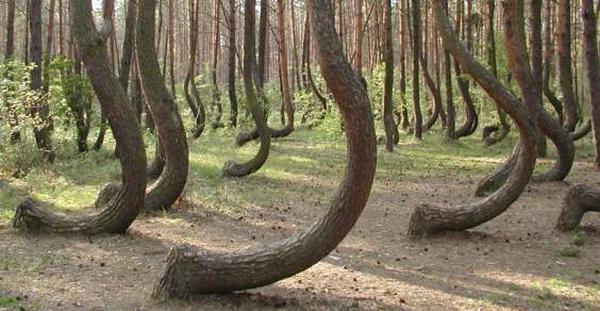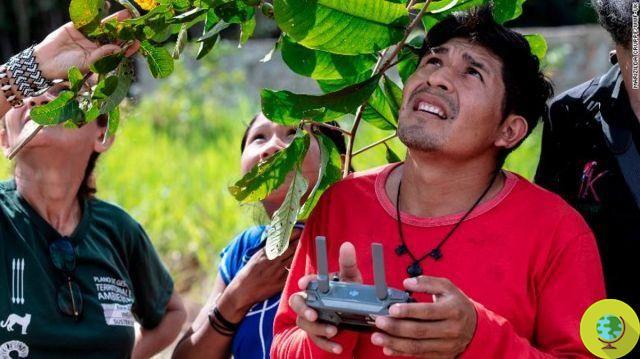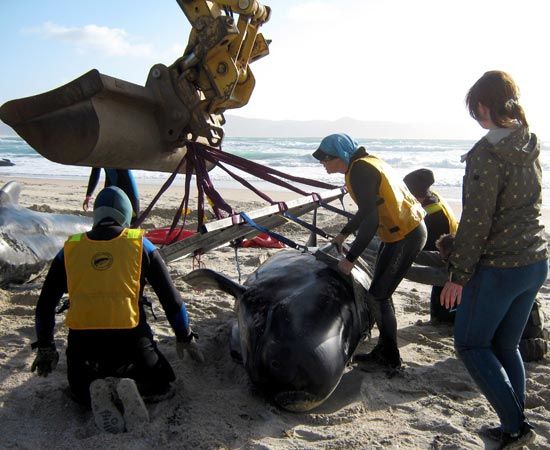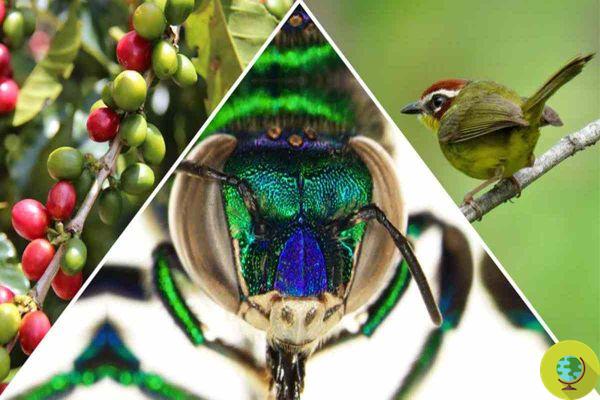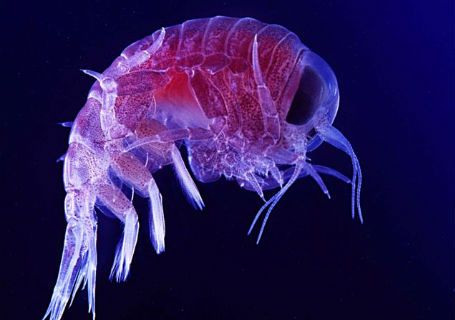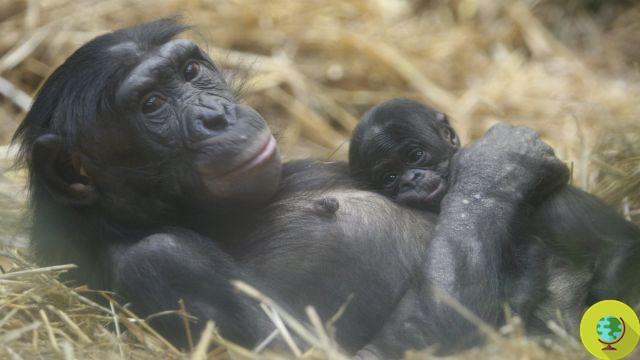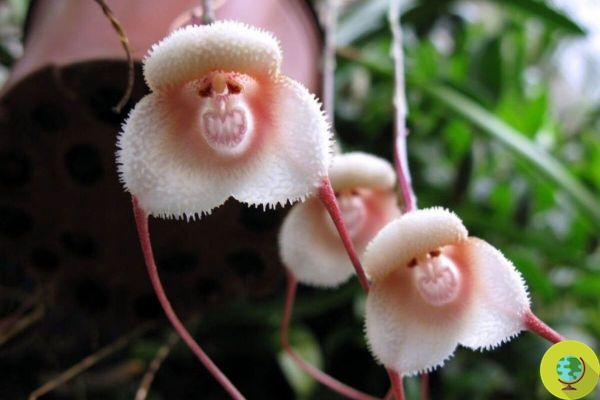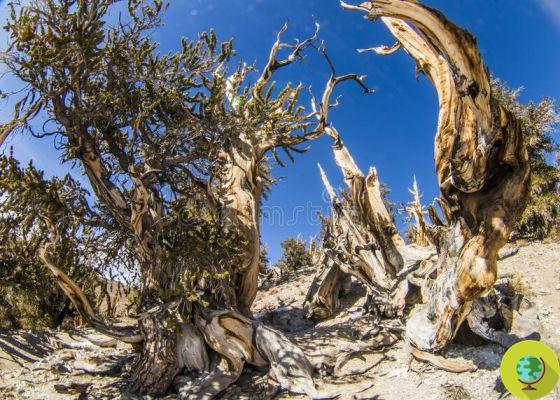Plants are beautiful, because they fill our cities and gardens with color and life, and also useful, as they give us fruit and oxygen. In fact, however, we tend to consider them as passive elements of the landscape: on the other hand, they do not move, they do not have a nervous system, how could we consider them "protagonists" or "active"? Yet, as a recently published study reveals, plants are also capable of "making decisions", continually adapting to the characteristics of the world around them.
He is about to end up run over, his mother saves him
Le plants they are beautiful, because they fill our cities and gardens with color and life, and also useful, as they give us fruit and oxygen. In fact, however, we tend to consider them as passive elements of the landscape: on the other hand, they do not move, they do not have a nervous system, how could we consider them "protagonists" or "active"? Yet, as a newly published study reveals, too plants are able to "make decisions", continually adapting to the characteristics of the world around them.
A new research, appeared in the magazine Current Biology, shows how plants, while not having a brain, are sensitive to risk and evaluate the surrounding environment by exploiting the situations to take advantage or at least reduce the disadvantages.
The study in question, Pea Plants Show Risk Sensitivity, examines a particular category of plants, those of piselli (Pisum sativum), was carried out by a research group active between Great Britain and Israel and is based on an experiment.
READ also: Fresh peas: 10 recipes to enjoy them at their best
Some pea plants were grown in a greenhouse, each with its roots immersed in two different soils, one richer in nutrients and the other poorer. As predicted by the researchers, the plants grew more roots in the nutrient-rich soil, demonstrating an adaptability similar to that of animals. In the second phase of the experiment, the plants found themselves with their roots immersed in two soils with the same average level of nutrients, but with a difference: in one, the level of nutrients was constant, in the other it varied, oscillating between one higher and one lower point. Furthermore, for each plant, the average level of nutrients was different.
After 12 weeks, the scientists observed the evolution of the situation, measuring the mass of the roots grown in each soil and noting how the plants had responded differently to the conditions they were in, always trying to obtain the maximum possible nutrition. Some had "bet" on variable soil, making it grow more roots. Others, on the other hand, had shown a low propensity to risk, focusing on safer soil, with a constant level of nutrients. Finally, the less "fortunate" plants, which had their roots in two soils with a very low level of nutrients, one constant and the other variable, had "bet" on the latter, taking risks to survive.

"Based on what we know, this is the first time that an adaptive risk response has been demonstrated by an organism without a nervous system." - has explained Alex Kacelnik, co-author of the article and Professor of Behavioral Ecology at the University of Oxford.
The research, revealing that plants "make decisions" to survive, obviously does not want to imply that plants are intelligent in the same sense that humans and other animals are, but it certainly forces us to look at the vegetation around us. with different eyes. Even pea plants, after all, are little strategists who struggle every day for survival. Just like us. Lisa Vagnozzi



